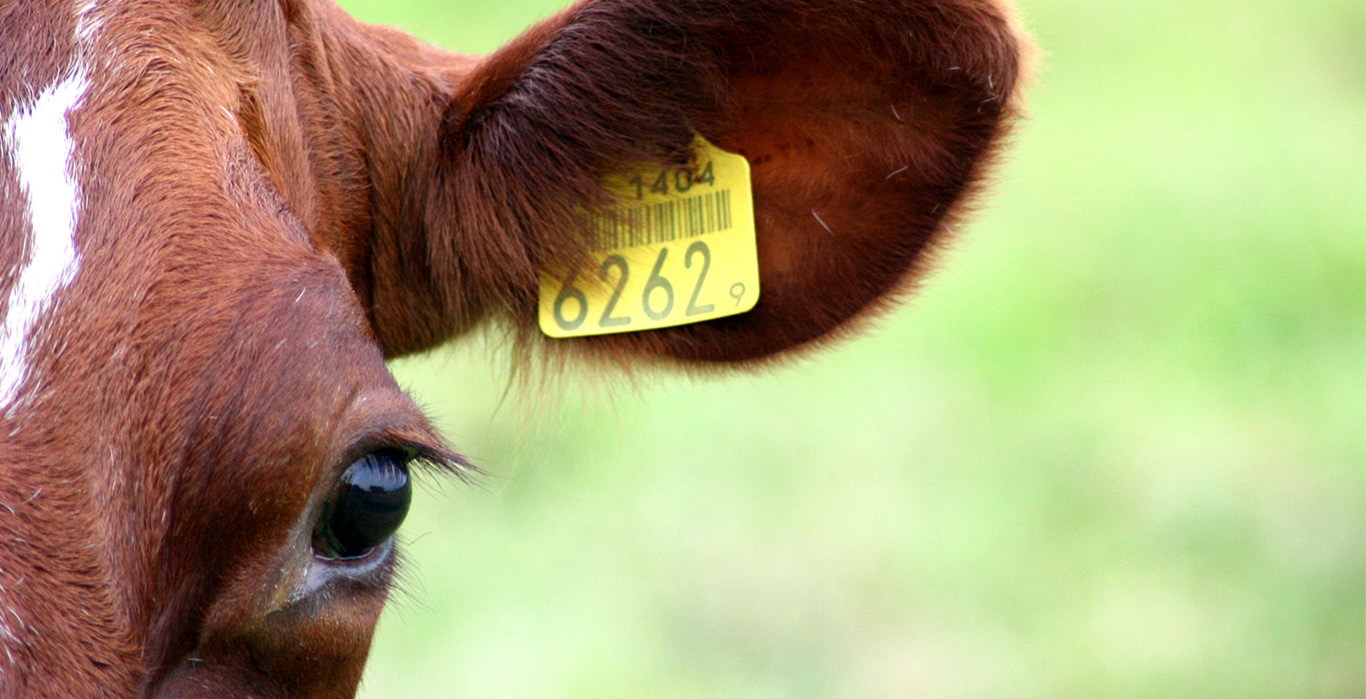The strong commitments of the charter.
The farmer ensures the traceability of the animals in his business.
Animals are to be permanently identified by their number; they are to carry a tag on each ear, and have a personal passport which follows them through their whole life. The supervision of each animals is thus ensured from its birth until it leaves the farm.
The farmer ensures the health of his herd.
A cow in good health produces the best quality of milk. The farmer is to take good care of his animals: he is to use medication prescribed by a veterinarian and makes note of all treatments. The farmer will respect the legally binding precautions, of which there are many in France, in order to prevent the spread of contagious diseases.
The farmer guarantees healthy, balanced, and consistent nutrition to his animals.
Milk quality depends on the nutrition of the cow. The farmer will ensure a balanced diet for their animals, adapted to their particular needs. They are preferably to be fed produce grown on the farm. If they have been purchased, the farmer must know where they come from and their composition.
The farmer is responsible for the welfare of their animals and the security of the people working on the farm.
The farmer is responsible for ensuring good living conditions for his cows in his barns, as well as externally, on the pastures. He is to protect them from stress and injury, so they can produce milk of good quality. He is also needs to pay attention to the safety of contractors working on his farm (technicians, veterinarians…).
The farmer is to protect the quality of his milk through rigorous hygienic processes.
The milking parlour and storage units are to be constantly kept clean. The same is true of the equipment used to milk the cows and preserve the milk. Everything is to be supervised and maintained. The farmer will closely monitor the analysis indicators of his milk throughout the year.
The farmer will be an active participant in environmental protection.
He will also commit to carefully managing manure and animal waste produced by his animals, so that they do not pollute waterways and are instead used to fertilise farmland. He commits to saving water and energy.
